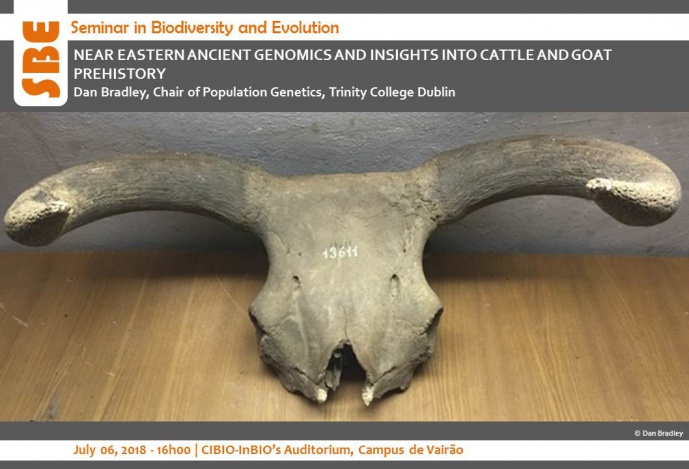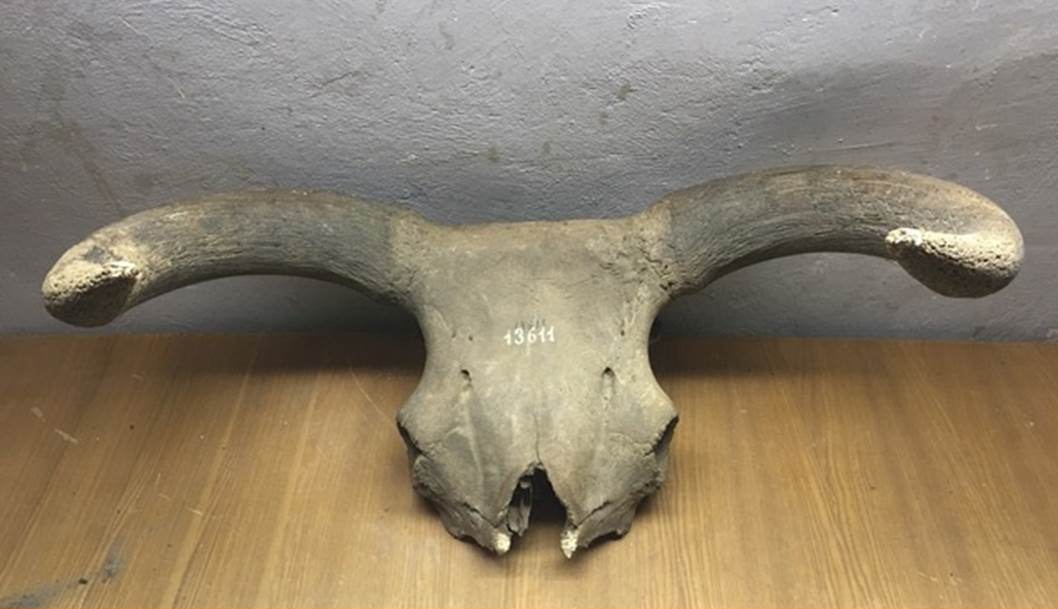NEAR EASTERN ANCIENT GENOMICS AND INSIGHTS INTO CATTLE AND GOAT PREHISTORY


The genetic origins of domestic ungulates have been explored for over two decades by extrapolating patterns from modern genomes. This has had some success, for example in identifying highly divergent eastern and western genomes that are consistent with separate origins in cattle. However, patterns which are observable today result from multiply overlaid processes of migration, admixture, population fluctuations and selection which it can prove impossible to parse, especially within restricted geographical regions such as the Near East. Indeed, the last few years of investigation of ancient human genetic diversity in Europe has taught us that the genetic past can only be reliably modelled though directly accessing ancient genome variation. Despite the challenge of working with DNA-depleted bones typical of warmer climates, we have built a collection of Near Eastern genome data in cattle and goat by directed sampling of petrous bones and high throughput sequencing. This talk will focus on emerging ancient data and how this adds inference about the nature and geography of recruitment from the wild. Invaluable contributions from collaborating investigators will be acknowledged fully within the talk.
Prof. Dan Bradley is a Geneticist and head of the Molecular Population Genetics laboratory at the Trinity College in Dublin. He has published several groundbreaking research articles in the fields of population genetics, phylogeography and palaeogenomics. Dan Bradley has contributed significantly to elucidate past evolutionary processes that have shaped the genetic architecture of multiple domestic species, namely of cattle, sheep and goat. Recently, he has also employed genomics to investigate the human past and ‘rewrite the narrative of European colonization by humans’. He has been involved in many exciting scientific projects such as CitiGen – Identity, citizenship, and nationhood in the post-genome era’ and the ERC funded Codex – ‘Decoding domesticate DNA in archaeological bone and manuscripts’.
[Host: Catarina Ginja, Archaeogenetics]
Image credits: Dan Bradley